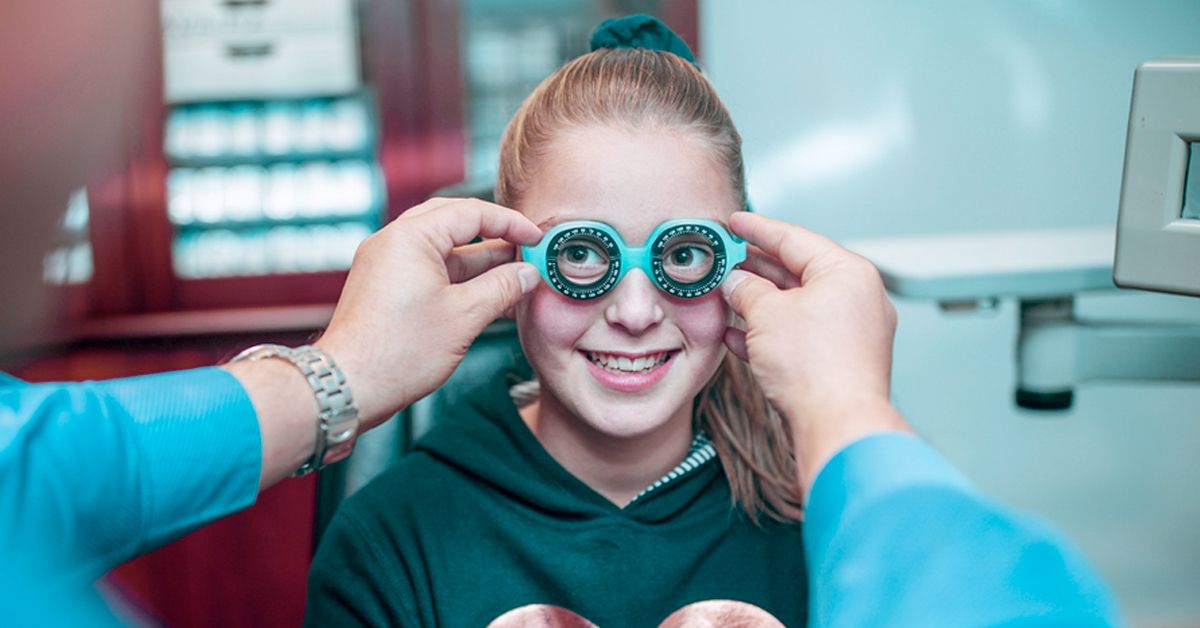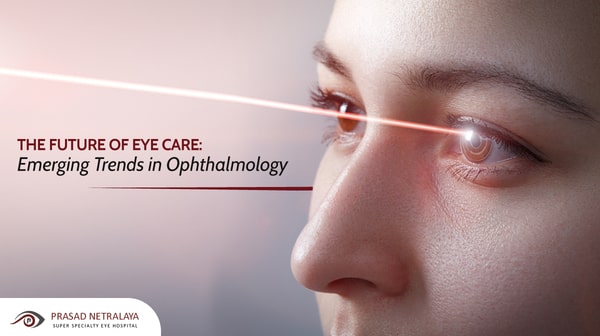Andalusia Optometrist: Devoted Vision Take Care Of Every Patient
Andalusia Optometrist: Devoted Vision Take Care Of Every Patient
Blog Article
Is Refractive Surgery Right for You? Aspects to Consider for Better Eyecare
In the realm of eye care, the decision to go through refractive surgical treatment is a crucial one that requires thoughtful factor to consider. From the details of one's eye wellness to the details of daily habits and individual assumptions, each aspect holds significance in the broader landscape of refractive surgical procedure candidateship.
Eye Health And Wellness Assessment
When considering refractive surgical procedure, a thorough eye wellness examination is important to evaluate the suitability of the treatment for each and every individual. neurologist andalusia. This examination includes a series of evaluations and examinations carried out by an eye care professional to establish the general health of the eyes, the visibility of any type of underlying problems, and the stability of the refractive mistake
During the analysis, different variables are considered, such as the person's case history, present eye prescription, corneal thickness, student size, and tear movie quality. These analyses help to recognize any contraindications to refractive surgery, such as corneal irregularities, cataracts, or neglected eye infections. In addition, the assessment aids to handle person expectations relating to the potential results of the surgical procedure based on their one-of-a-kind eye qualities.
Inevitably, the eye health assessment is necessary in ensuring the safety and efficiency of refractive surgical treatment, as it gives valuable insights into the individual's eye health and wellness condition and assists establish one of the most ideal treatment options for achieving optimal visual outcomes. (andalusia pediatrics)
Way Of Living Analysis
A complete way of life analysis is essential in determining the suitability of refractive surgery for an individual's aesthetic correction requirements. Lifestyle factors such as line of work, hobbies, and day-to-day activities play an essential duty in the decision-making process pertaining to refractive surgical treatment.
Furthermore, way of life behaviors such as sports participation, outside tasks, or even skin care regimens can influence the healing procedure and total success of refractive surgery. People who engage in get in touch with sporting activities might require to take extra precautions to secure their eyes throughout the recuperation duration. Additionally, individuals with substantial sunlight direct exposure might call for additional post-operative like avoid issues. By performing a thorough lifestyle assessment, eye care professionals can tailor their suggestions and treatment plans to satisfy the distinct requirements of each individual, inevitably bring about boosted aesthetic end results and satisfaction.
Assumption Positioning

Establishing sensible expectations involves comprehensive pre-operative discussions in between the ophthalmologist and the person. The specialist ought to transparently communicate the possible dangers, benefits, and constraints of the treatment (eye center andalusia). Individuals need to understand that while numerous individuals accomplish 20/20 vision or far better complying with refractive surgery, some might still need glasses for sure tasks like reading or driving at evening. Managing these assumptions helps protect against frustration and dissatisfaction post-surgery, bring about a more favorable overall experience for the person.
Threat Evaluation

Variables that may raise the danger of complications consist of age, certain medical problems like autoimmune diseases, unpredictable vision prescription, thin corneas, and impractical patient expectations. In addition, choosing a knowledgeable and competent surgeon, complying with pre and post-operative treatment guidelines vigilantly, and revealing any kind of relevant medical background can aid mitigate risks.
To lessen the likelihood of problems, ophthalmologists perform thorough pre-operative assessments check it out to determine any kind of contraindications to surgical procedure. They also talk about the prospective dangers and advantages with people throughout the assessment process. By engaging in open interaction and shared decision-making, both the individual and the eye doctor can function with each other to establish if refractive surgical procedure is the right choice based on individual risk profiles and desired outcomes.
Consultation Importance
Considering the vital function of notified decision-making in examining threats and possible issues in refractive surgical procedure, the appointment process holds significant value in assisting people towards optimal results. Throughout the consultation, the eye doctor reviews the patient's eye wellness, refractive mistakes, and general suitability for surgery. This first analysis is critical in determining the most ideal treatment for every individual, taking right into account aspects such as corneal density, student dimension, and existing eye problems.
Additionally, the consultation serves as an opportunity for people to review their assumptions, issues, and any kind of concerns they may have relating to the surgery. Clear interaction between the cosmetic surgeon and the person is important to guarantee practical expectations and a comprehensive understanding of the possible risks and advantages involved.
Furthermore, the consultation permits the cosmetic surgeon to clarify the various medical choices readily available, their respective end important source results, and the post-operative care needed. check this This comprehensive discussion encourages clients to make well-informed decisions regarding their eye treatment, bring about better complete satisfaction and results post-surgery.
Verdict
To conclude, people considering refractive surgical treatment needs to undergo an extensive eye health and wellness analysis, assess their way of life routines, straighten their assumptions with possible outcomes, analyze the involved dangers, and focus on appointments with eye treatment specialists. These factors play a critical duty in determining the suitability of refractive surgery for each individual, guaranteeing optimal outcomes and fulfillment with the procedure.
Individuals thinking about refractive surgical treatment commonly have high assumptions relating to the results, expecting ideal vision without the need for glasses or contact lenses. While refractive surgery can substantially boost vision and lower dependence on visual aids, it is critical for people to recognize that outcomes may differ based on specific aspects such as the degree of refractive error, corneal density, and general eye health.
By involving in open interaction and shared decision-making, both the ophthalmologist and the patient can function with each other to figure out if refractive surgical treatment is the best choice based on specific danger profiles and desired end results.
Taking into consideration the essential duty of notified decision-making in assessing threats and possible problems in refractive surgery, the consultation process holds significant relevance in assisting clients in the direction of ideal results. During the consultation, the eye doctor evaluates the person's eye wellness, refractive errors, and total viability for surgical procedure.
Report this page